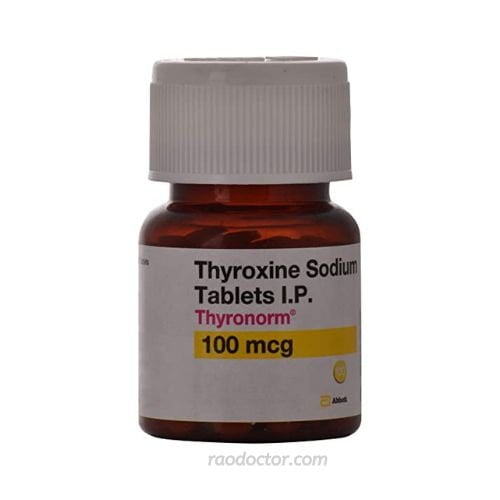What is Hashimoto’s disease?
Do you prefer listening to the article? Then please click the audio below-
Hashimoto’s disease is an autoimmune disorder in which the body mistakenly makes antibodies that attack its own thyroid gland as if it were a foreign invader.
This can lead to gradual enlargement of the thyroid gland, known as a goiter, and other problems such as feeling cold all the time, feeling hungry all the time, insomnia, depression, anxiety, and losing weight with difficulty.
If left untreated, Hashimoto’s disease can significantly shorten life expectancy. Fortunately, treatment is effective if caught early enough.
What Are the Symptoms of Hashimoto’s Disease?
The most common symptom of Hashimoto’s disease is feeling cold all the time. This is due to the inability of the underactive thyroid gland to produce enough metabolic energy, which is responsible for regulating our body temperature.
If left untreated, Hashimoto’s disease can cause weight gain and increased appetite, hair loss, muscle and joint pain, and mental health issues such as depression and anxiety.
There are two key markers that doctors typically look at to diagnose Hashimoto’s disease.
First, the presence of thyroid antibodies in your blood. These are immune cells that are produced in response to an infection or autoimmune disorder. In this case, they’re made in response to the thyroid gland as if it were a foreign body.
Regular tests for thyroid disease are also carried out as they confirm diagnosis. Look out for these tests and their interpretation here-Thyroid Function Tests
Second, thyroid gland enlargement, which is known as goiter. This is typically felt as a lump in the front of your thyroid gland.
Can Hashimoto’s disease cause hyperthyroidism?
Yes. In about 20% of cases, Hashimoto’s disease progresses to hyperthyroidism. This is when the thyroid gland overproduces thyroid hormone and disrupts the body’s metabolism.
When this happens, patients need to be treated with anti-thyroid medications to bring the thyroid hormone levels back to normal and get their metabolism back on track.
Hyperthyroidism can be a serious complication of Hashimoto’s disease and should be monitored closely.
Complications of Hashimoto’s disease
The most common complication of Hashimoto’s disease is thyroid gland enlargement, or a goiter.
Other complications of Hashimoto’s disease include: –
- Weight gain and increased appetite –
- Hair loss –
- Muscle and joint pain –
- Mental health issues such as depression and anxiety –
- Increased risk of heart disease and high cholesterol levels –
- Pregnancy complications including miscarriage and stillbirth
How is Hashimoto’s Treated?
The first line of treatment is usually levothyroxine, a synthetic form of thyroid hormone. This is administered as a daily oral dose on an empty stomach first thing in the morning. Dosage varies and can be adjusted as needed based on blood tests that monitor levels of thyroid hormone in the patient’s system.

You can purchase this medicine at a discount using this link or the one above after uploading a prescription from your physician or endocrinologist.
This is effective in 90% of cases, but around 10% of people with Hashimoto’s disease end up having to undergo surgical removal of their thyroid gland – a procedure known as a thyroidectomy.
Unfortunately, the thyroid gland is essential for life and removing it can have serious side effects like hypothyroidism, including weight gain, muscle and joint pain, and infertility in women.
Most patients who require a thyroidectomy do so because their condition progressed to hyperthyroidism and required immediate treatment.
The Link Between Autoimmunity and Nutrition
Autoimmune disorders are complicated conditions that arise from a combination of genetics, environmental factors, and biochemical reactions inside the body.
Unfortunately, we still don’t fully understand what causes these diseases, so it can be hard to know how to prevent or treat them.
Although many people with autoimmune disorders are able to control their symptoms through diet and lifestyle, there are no guarantees.
That said, many people with autoimmune disorders have reported that certain dietary changes have helped them manage their symptoms.
Useful Resource- Hashimoto’s Thyroiditis
Conclusion
Excess amounts of stress, poor diet and lifestyle choices can increase your risk of developing an autoimmune disorder. If you have symptoms that indicate you may have an autoimmune disease, it is important to consult a physician. Early diagnosis and treatment can help people with autoimmune disorders lead a full, healthy life.
Affiliate Disclosure:
This page has affiliate links. If you choose to follow one of these links and make a purchase, I will earn a small commission paid to me by the company (Amazon, Canva or any other links for online purchases), and at no extra expense to you. The commission I make from affiliate sales will help me run this blog and provide regular, high-quality articles of value to you. So, thank you for your support.